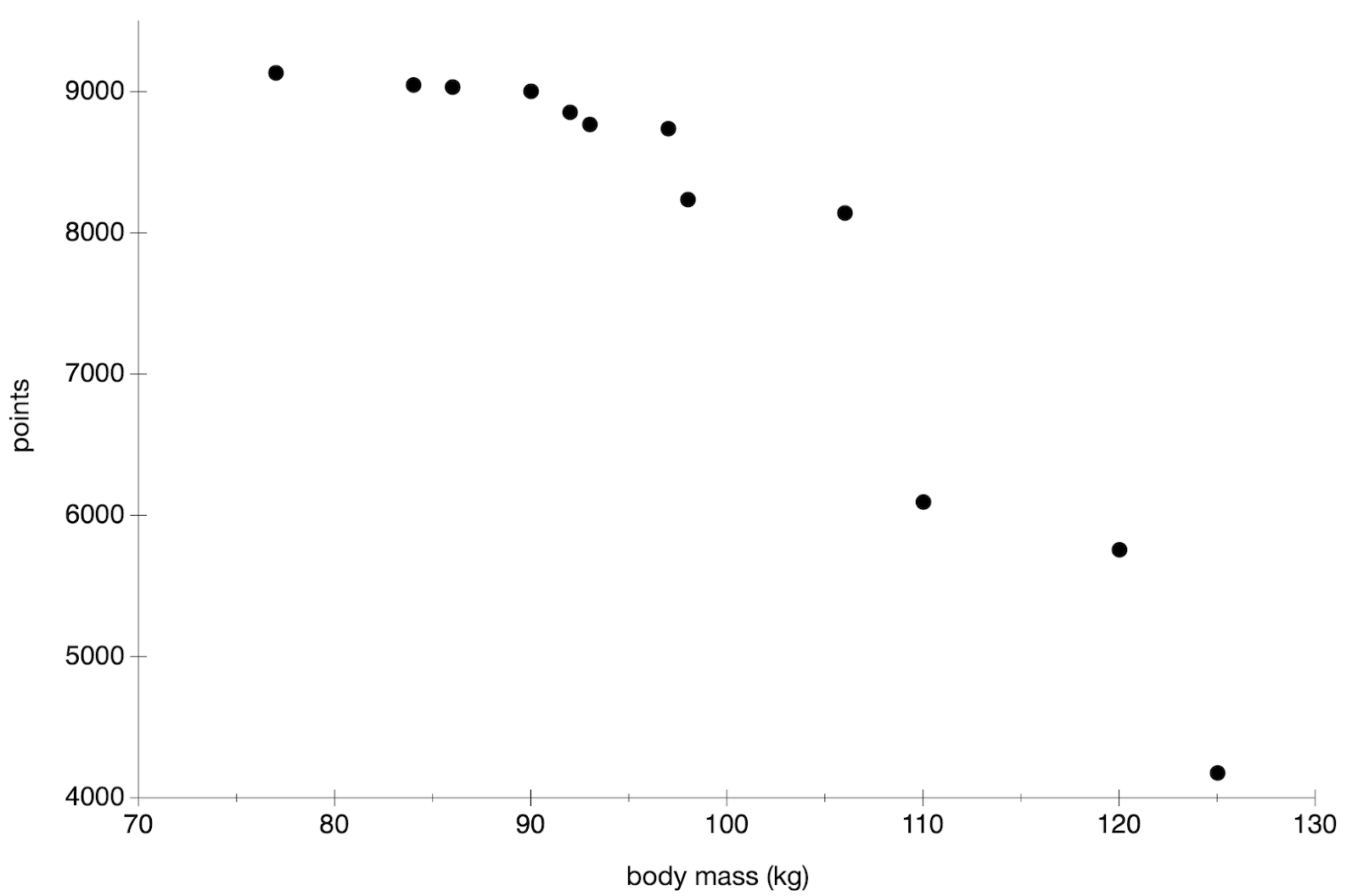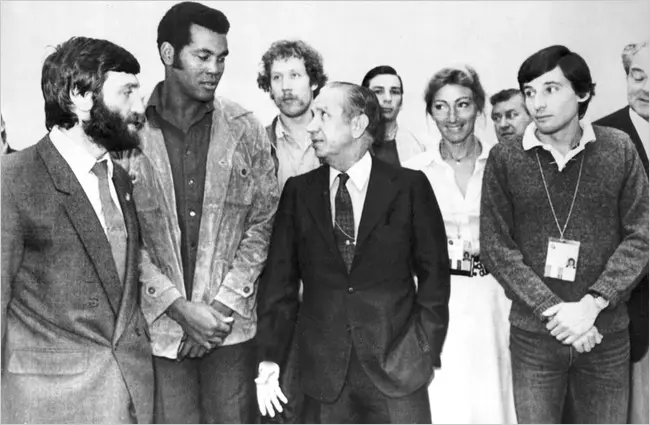This is a story I had somehow missed when it happened (many years ago). I discovered it recently in an article in Inside the Games. Since the story is not quite flattering for Lord Sebastian, I suspect that the publication was encouraged by one of the other candidates for the IOC presidency.
But let's start at the beginning. Coe, who at that time was simply Sebastian Coe and not a Lord, went to the Moscow, 1980, Olympics as the big favourite in the 800 m (he was already world recordman with 1:42.33) and then, to the surprise of everybody, was beaten by Ovett. But he took his revenge in the 1500 m adding gold to his silver.
Coe had broken Bayi's World record wit 3:32.1 (in fact, 3:32.03), but in 1980 Ovett had equalled it just before the Games, with 3:32.1 (slightly slower than Coe's at 3:32.09). In case you wonder, the current timing rules, stipulating a hundredth of a second precision, were introduced in 1981. Ovett broke the tie with 3:31.36 just after the Olympics (and further improved that with 3:30.77 in 1983).
In 1981 Coe improved the 800 m world record, with 1:41.73, a record that stood for 16 years. He went to the Los Angeles, 1984, Olympics again as the 800 m favourite. And again he lost, this time to Joaquim Cruz. And again he went on to win the 1500 m. In fact Coe's only victory over 800 m in a major championship was his European title, won in Stuttgart in 1986.In 1988 Coe tried to obtain a third olympic selection. Up to 1984, the selection was done by a panel of selectors but in 1988 the system had changed. The first two slots were given to the winners of trials and only the third was discretionary. Coe, hoping to obtain the discretionary slot in the 800 m, participated in the 1500 m of the UK trials, but did not manage to qualify for the final. And then the third position in the 800 m was given, by the British Amateur Athletic Board in a tight 11 to 10 vote, to P. Elliott (he was the only briton who in the end made the final in Seoul, finishing fourth). Coe responded graciously, but his father and coach called the decision political.
Coe on the right with Samaranch in the middle
The then IOC president, Marqués Juan Antonio Samaranch, tried to have the decision reconsidered, claiming that many people would like to see Coe running in Seoul. (It is also rumoured that India was willing to include Coe in its national team, given that his mother was of indian origin, her father being punjabi). The answer of the British Amateur Athletic Board to Samaranch was that if he wished to give a wild card to Coe, violating the three-person limit per nation fixed by the Olympic Charter, he could to do so himself. The reactions did not take long to arrive. Everybody knew that Coe was a personal favourite of Samaranch, groomed for a position in the IOC. And S. Cram, a miler rival of Coe, did not mince his words: "it is wrong for the IOC to be playing the old pals act". So Samaranch back-pedalled and telephoned Coe to announce him that he could not be seen breaking the rules. The olympic adventure of S. Coe was over.
He put an end to his competitive carreer in 1990, after having finished 6th in the 800 m of the Auckland,1990, Commonwealth Games. He went on to become a Life Peer, as Baron Coe of Ranmore, in 2000 (hence my referring to him a Lord Sebastian). He retired from the House of Lords in 2022. He now hopes to follow in the steps of another Olympic Baron and all the olympic nobility, acceding to the presidency of the IOC.
And, to be fair, despite myself often criticising Coe's actions, I am in favour of his candidacy given his unambiguous pro-women stance. If Coe is elected at the presidency of the IOC, all those men who declare themselves to be women will not be allowed to poison our sports.
PS. While I am invoking a possible conspiracy concerning the publication of the article of Inside the Games, the article may be motivated by something totally different. Ukrainian sabre fencer O. Kharlan was disqualified when, at the world championships that were the qualifiers for the Paris Olympics, she did not shake hands with her russian opponent. And the IOC president T. Bach took action immediately promising Kharlan that she was being guaranteed a spot in the Olympics. Kharlan competed in Paris, winning an individual bronze and a team gold. And Bach has thus created a precedent where his predecessor, Samaranch, had not dared take the plunge.








